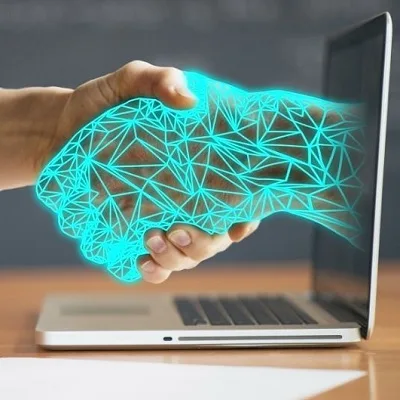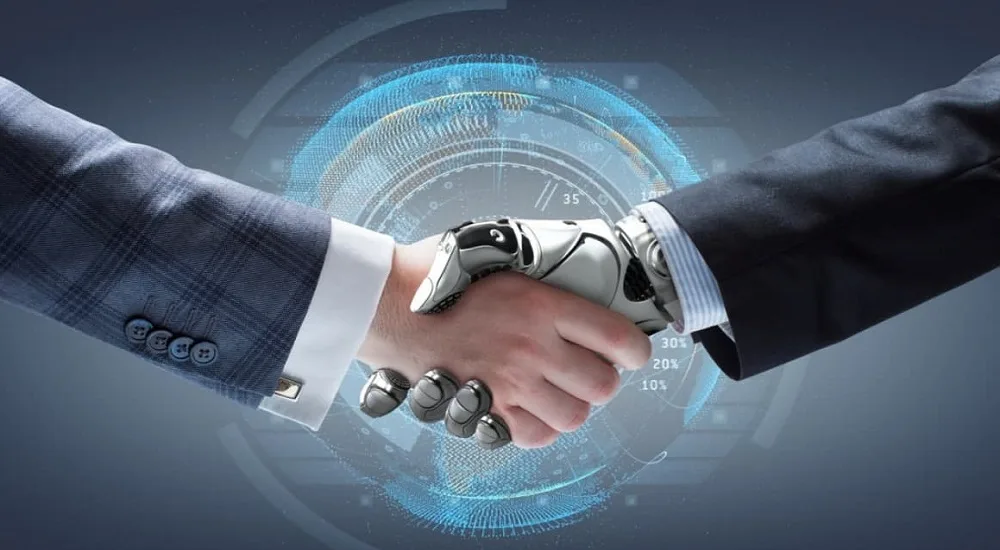
Artificial Intelligence and Lotteries
The question of whether a neural network can predict a winning lottery combination piques curiosity across the globe. At its core, lotteries are games of chance, with outcomes designed to be random. Neural networks, sophisticated in pattern recognition, face a significant challenge due to the inherent randomness of lottery draws. While AI can analyze historical data and identify patterns to a certain extent, the unpredictable nature of lottery draws limits a neural network’s ability to accurately predict future winning combinations. In essence, while AI excels in environments with discernible patterns, the lottery’s randomness stands as a formidable barrier.
Benefits of Using AI in Lotteries
Despite the limitations in prediction, AI and neural networks offer substantial benefits to the lottery industry. These benefits include fraud detection through pattern recognition algorithms, customer behavior analysis for personalized marketing, and operational efficiencies in lottery management. AI can analyze vast datasets to identify suspicious activities, optimize game design, and tailor marketing strategies to individual preferences, enhancing the overall lottery experience and ensuring fair play.
Can a Neural Network Help You Win?
Directly predicting winning lottery numbers may be beyond the current capabilities of neural networks, yet AI can indirectly assist players by analyzing lottery odds and providing recommendations on the most statistically favorable number combinations. By evaluating historical data, AI can highlight patterns or number frequencies. However, it’s crucial to understand that these analyses do not guarantee winnings but can offer insights into playing more strategically.

Will AI Be Able to Help with the Winning Ticket?
Looking into the future, the evolution of AI might bring new possibilities in assisting with lottery strategies. Advances in quantum computing and AI could lead to improved analysis capabilities, potentially offering better predictions of number patterns. However, the fundamental principle of lotteries as games of chance means that AI’s role will likely remain in enhancing strategy rather than guaranteeing wins.
How Does AI Help You Win Casino Lotteries?
In casino lotteries, where player choices and game strategies can influence outcomes, AI’s role becomes more pronounced. AI can assist in analyzing previous wins, game patterns, and player behaviors to offer strategic advice. For example, AI algorithms can suggest when to play certain cresus online casino games based on historical jackpot timings, or identify the most promising gaming strategies. These insights can help players make more informed decisions, thereby increasing their chances of winning in scenarios where skill and strategy play a role.
The Future of AI in Lotteries
The future of AI in lotteries holds promise for both operators and participants. Beyond the immediate benefits of fraud detection and customer engagement, AI is set to revolutionize lottery strategies, game design, and player experiences. With continuous advancements in machine learning and data analytics, AI will enhance predictive modeling, automate operations, and personalize player interactions, enriching the lottery ecosystem. However, the balance between leveraging AI for strategic advantages and preserving the fair and random nature of lotteries will remain a key consideration.
While the dream of using AI to predict winning lottery numbers remains elusive due to the randomness of draws, AI’s real value lies in its ability to improve lottery operations, enhance player strategies, and predict trends. As AI technology matures, its application in the lottery industry and cresus online casino games will expand, opening up exciting opportunities for the future. However, it’s essential to remember that the essence of lotteries as games of chance will always prevail, with AI serving as a tool to augment the lottery experience rather than redefine it.
